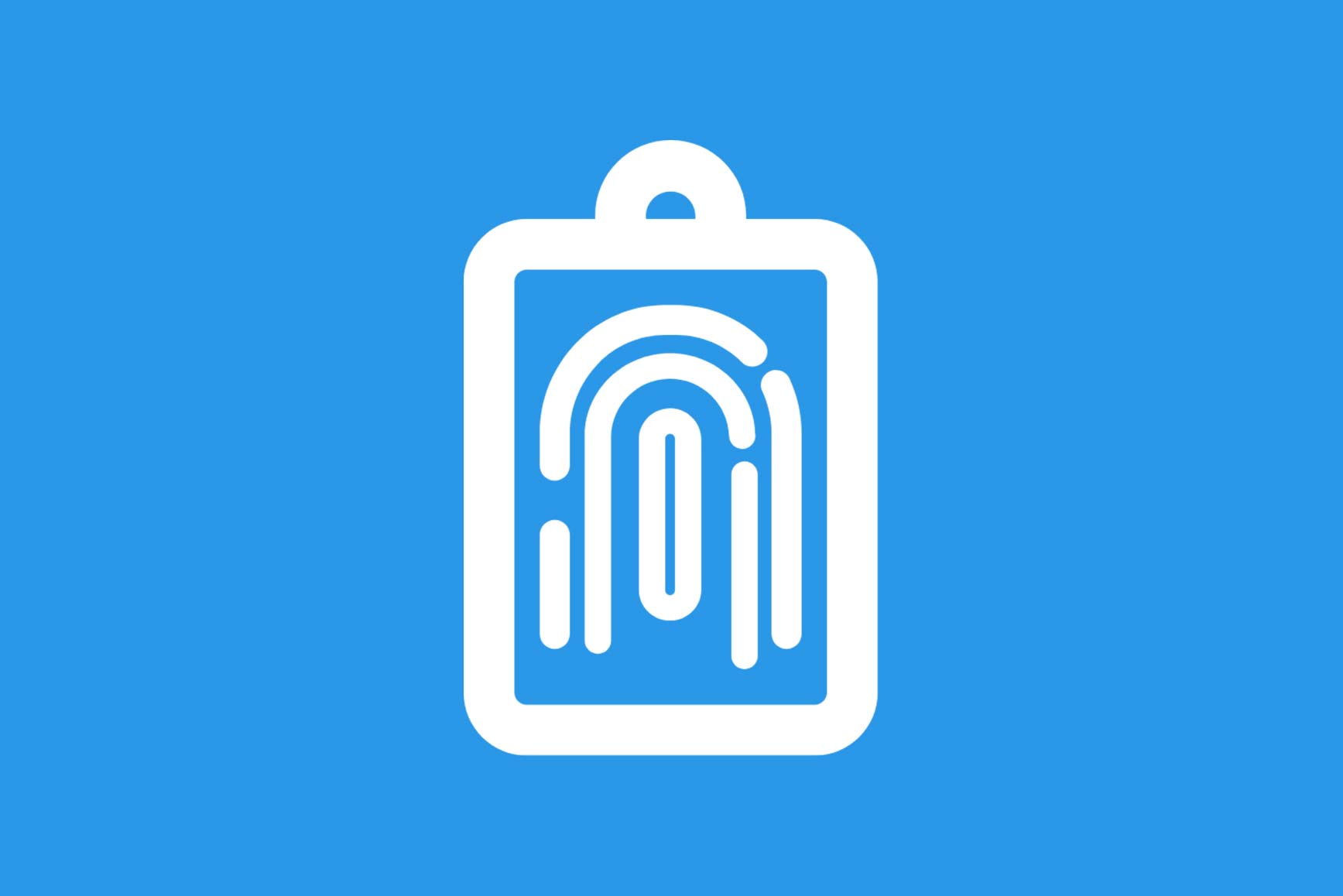
Blog
Why Your Organization Needs a Secure Browser Plug-in
By Taber West
With the growing adoption of digital technologies, the risks associated with cyber threats grow in parallel.
The Importance of a Secure Browser Plug-in
One practical solution is a secure browser plug-in designed to block malicious links, domains, and IP addresses. This tool is essential for organizations that want to protect their data and maintain a secure online environment.
Frontline Defense Against Cyber Threats
A secure browser plug-in serves as a frontline defense against cyber threats by preventing access to harmful websites that could introduce malware into the organization’s network. By blocking these risks, it significantly reduces the chance of data breaches and cyber-attacks. Additionally, it allows organizations to enforce internet usage policies, blocking access to non-work-related sites like social media and streaming services. This not only boosts productivity but also minimizes the risk of inadvertent exposure to threats.
Monitoring and Policy Enforcement
Another important feature is the ability to monitor employee browsing activity. This helps identify potential vulnerabilities and areas needing additional training or policy enforcement. For example, if a department frequently visits high-risk websites, targeted cybersecurity training can be implemented to mitigate this behavior. Monitoring also helps detect early signs of insider threats or negligence that could lead to security breaches.
Data Protection and Security Measures
Data protection is a top priority, especially when handling sensitive information like Personally Identifiable Information (PII) and Protected Health Information (PHI). A secure browser plug-in should include data masking techniques to ensure this information is protected, making it inaccessible to unauthorized users. This is crucial for sectors like healthcare, finance, and legal, where the exposure of PII or PHI can lead to severe legal and financial consequences.
In addition to data masking, watermarking can enhance data security. Watermarking embeds a unique identifier into documents, making it easier to trace the source of any unauthorized leaks. This measure holds employees accountable and deters mishandling of sensitive information.
Enhancing Security with OneTier Secure Access
Further reinforcing your security measures is essential. OneTier Secure Access offers comprehensive protection by verifying privileged access users before tasks are executed, preventing lateral movement with MFA. This ensures that Active Directory Admins, who have tremendous reach, are authenticated thoroughly.
Additionally, OneTier allows organizations to geofence service accounts, keeping zombie service accounts from taking over your network. This method limits data exfiltration and reduces risk by restricting service accounts to the servers they need access to. By securing website access, distractions are minimized, enabling access only to the sites needed for individual roles.
The quickest way to ransomware is by clicking malicious links. With OneTier, you can instantly stop these threats by preventing links from connecting when clicked, regardless of whether users are on the network. This proactive measure further strengthens your organization’s defense against cyber threats.
Today, investing in a secure browser plug-in is a proactive step toward protecting your organization. By regulating internet usage and monitoring browsing activity, this tool helps safeguard against external threats while ensuring compliance with data protection regulations. As cyber threats become more sophisticated, a secure browser plug-in remains a vital component of a robust cybersecurity strategy.